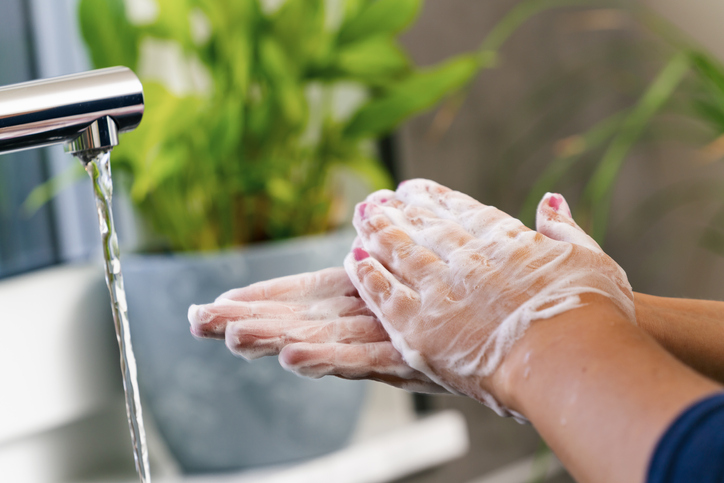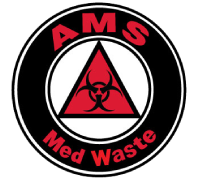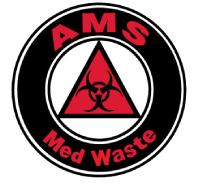Hand Washing Tips: Fighting COVID-19
Ok everybody, there’s something we need to talk about, and we all know what it is. Article title aside that is. With COVID-19 spreading globally, and no vaccine to prevent it at the time of writing this article, we need to take some steps to prevent exposure. Despite this, we do have options to help slow the spread, and reduce the chances of catching it ourselves. One of the simplest things we can do is to wash our hands thoroughly, and often.

Hand Washing Tips
How Does Hand Washing Help
So for starters, let us answer the question as to why simply washing hands helps to prevent the spread. Seems like a simple answer to a serious situation, but it does go a long way. The reason it’s so effective? It all comes down to one thing, the obvious thing really: soap.
We won’t get into the nitty gritty of what soap is, but here is some further reading should you be curious. Now soap works because it helps to destroy the virus right on our hands. The soap and virus will attract each other, and the soap will find its way into the virus itself. After bleaching, it will begin to break down COVID-19s chemical bonds. This has the effect of literally pulling the virus apart.
With the virus breaking up, it then becomes water-soluble, and the soap/warm water combination will finally disintegrate the pesky virus. Now, this all takes a little bit of time to happen, you can’t just slap some soap and water together and expect results. For maximum protection, you need a proper handwashing technique.
Proper Hand Washing
All the soap in the world isn’t going to help you if you completely botch the actual washing of your hands. To start, make sure you are using warm water, cold simply won’t do, wet your hands and apply some soap. Scrubs your hands thoroughly, for a minimum of 20 seconds, making sure to get your palms, fingers, between each finger, thumbs, and under your nails. There’s no need to scrub them raw, but you need to get every part of your hand. Each wrinkle and fold of skin included, lest some virus avoid extermination.
Cleaning Without Soap
Should you be in a position when soap isn’t available, such as running out, or more commonly if you are out in public, you still need to keep your hands clean. The answer for this is, of course, hand sanitizer. You should use a hand sanitizer that has at least 60% alcohol to ensure the virus is neutralized. Use enough to cover all the surfaces of your hands, just like with soap, and rub them together until your hands feel dry.
When To Wash
Washing often is just as important as washing properly. If you have been in public, coughed, sneezed, blown your nose, etc, then you need a wash. As you can probably guess, being in public espoused you to more risk. Touching door handles, shopping carts, or anything that multiple have interacted with are all prime areas to pick up some unwanted hitchhikers. This is where hand sanitizer really comes into play.
Since it seems like the virus spreads through bodily fluids, specifically respiratory droplets, washing after the cough and sneeze is important. You don’t want to spread it around after all. Make sure to especially avoid touching your mouth and eyes when out and about.
Keep your hands clean, wash properly, and wash often. Taking the proper steps will help to reduce the risks, and slow the spread of COVID-19. We’re all taking precautions against this virus.





